
Dongyuegong Temple Fair in Dali
Chinese Name:大理花子会/东岳宫庙会
English Name: Dongyuegong Temple Fair in Dali
According to tradition, the 28th day of the third lunar month is the birthday of Dongyue Dadi. Dongyue Dadi is responsible for the cycle of life and death of humans, and on this day, the departed spirits are released to have a day off. Families can go to offer sacrifices. Therefore, the Dongyue Temple Fair has become a day for people to remember their departed loved ones, offering sacrifices, and performing rituals to help the souls move on. The incense and activities during the Dongyue Temple Fair are particularly lively on this occasion.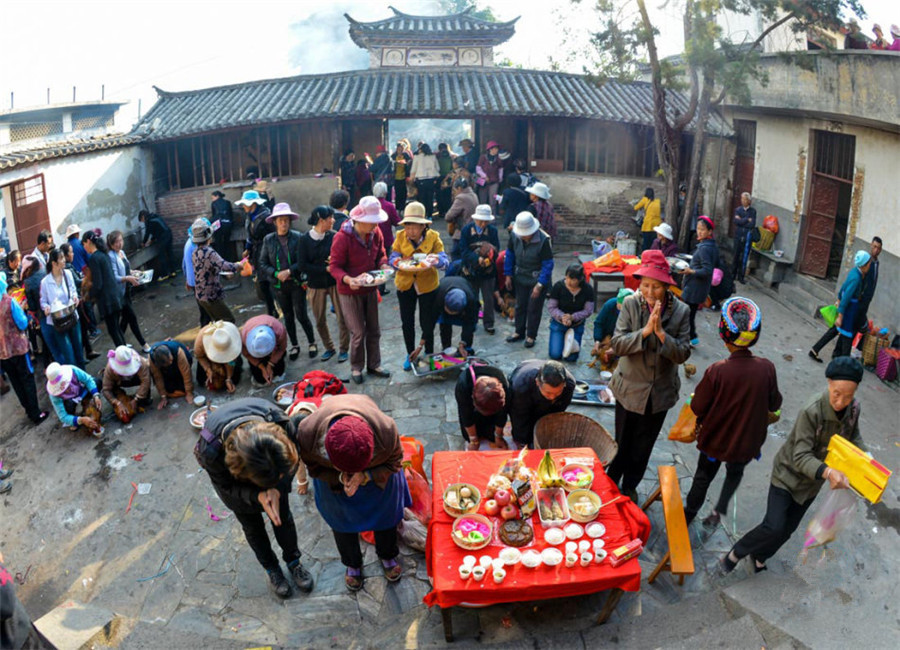


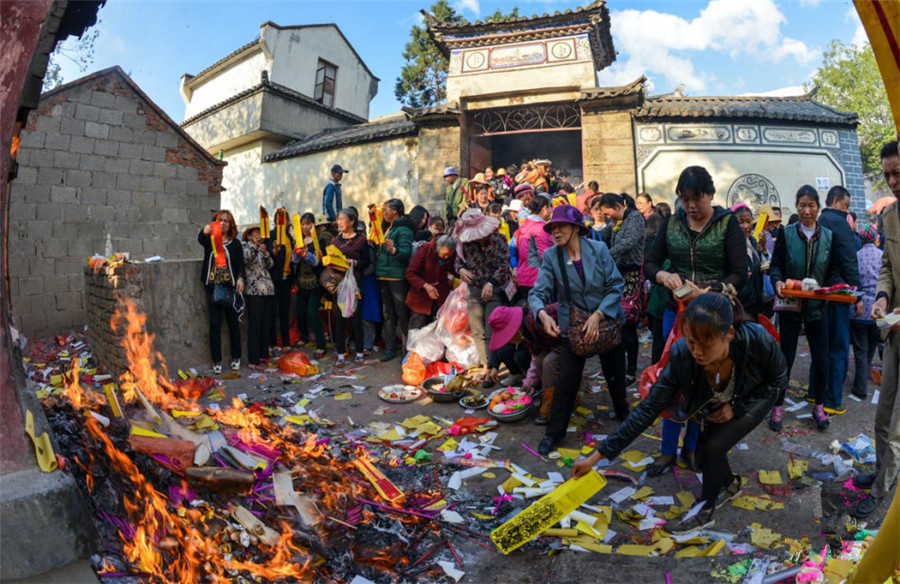

It is said that among the released spirits, there are some lonely and wandering souls without descendants. People, while paying respects to their relatives, also make donations to these souls. Simultaneously, they provide alms to homeless beggars on Earth. This is why some beggars are attracted to beg on this day. The folk term “Hua Zi Hui” for the Dongyue Temple Fair originates from this practice.
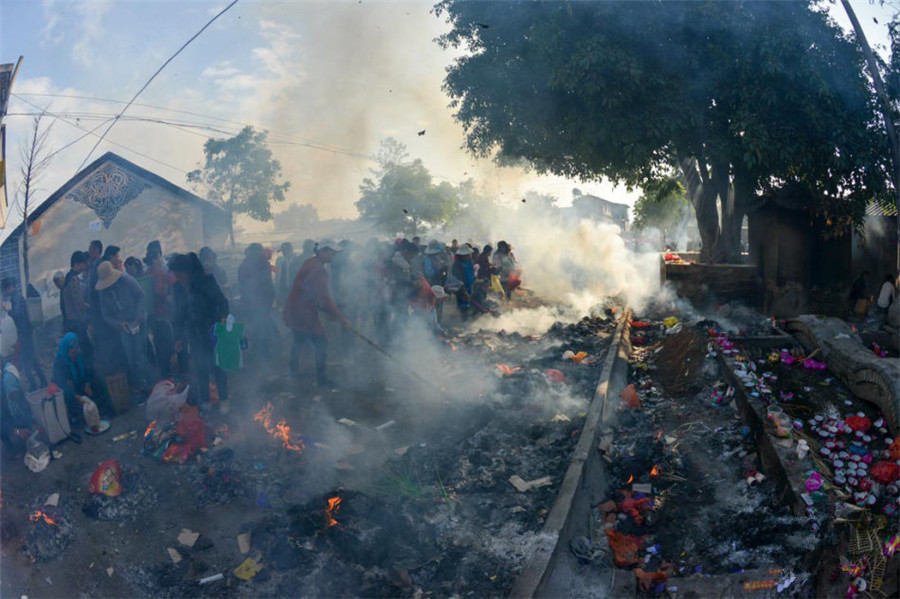

In recent years, the incense offerings at the Dongyue Temple Fair have been increasingly prosperous, and the scene I witnessed today can be described as unprecedented grandeur.
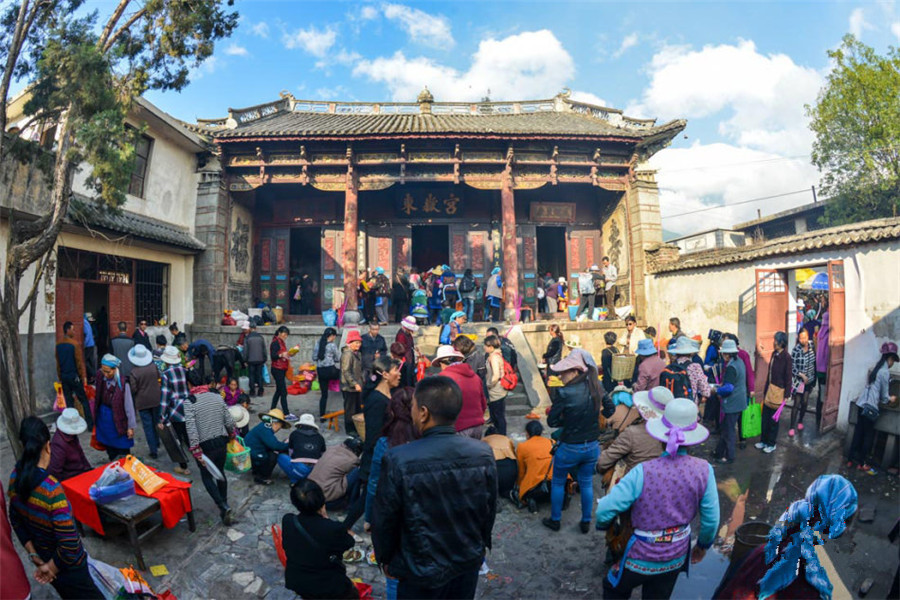
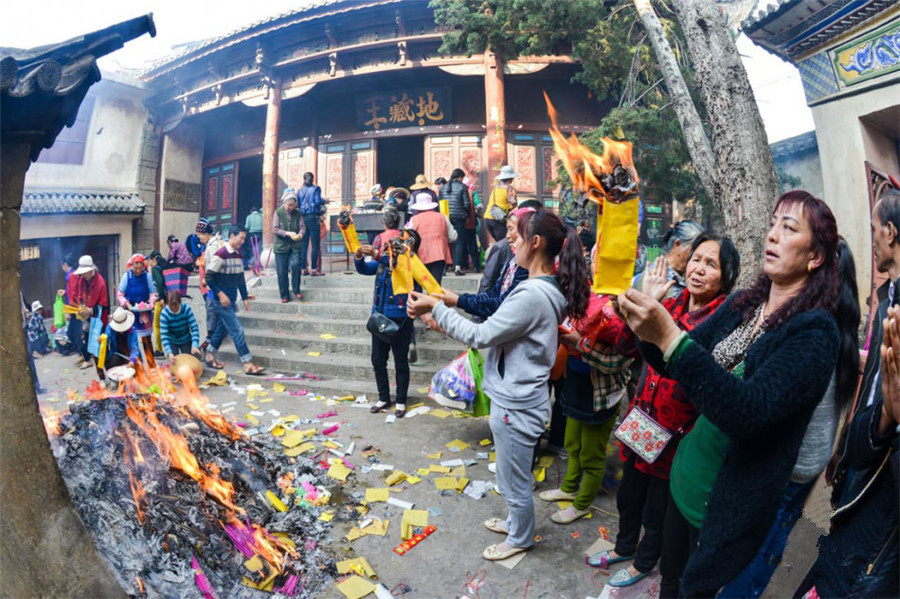

Some people refer to the Dongyue Temple Fair as the “Beggars’ Congress,” a term I have consistently disagreed with. I believe the Dongyue Temple Fair is a relatively common folk temple fair nationwide, with complex religious connotations. Beggars are not the main focus of the temple fair, and people do not attend to support beggars. Instead, they come to honor their departed loved ones. Moreover, many beggars are disabled individuals, and it is unwise to sensationalize the Dongyue Temple Fair with the aim of attracting attention. This approach can be seen as discriminatory and insulting to disabled individuals. As for whether there are other intentions, it is challenging to determine.
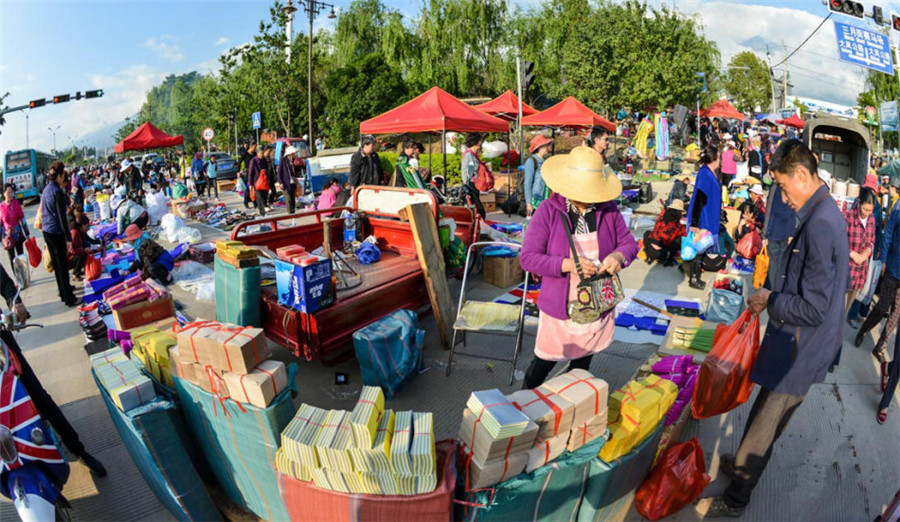



 7 Days GolfingTour
7 Days GolfingTour
 8 Days Group Tour
8 Days Group Tour
 8 Days Yunnan Tour
8 Days Yunnan Tour
 7 Days Shangri La Hiking
7 Days Shangri La Hiking
 11 Days Yunnan Tour
11 Days Yunnan Tour
 6 Days Yuanyang Terraces
6 Days Yuanyang Terraces
 11 Days Yunnan Tour
11 Days Yunnan Tour
 8 Days South Yunnan
8 Days South Yunnan
 7 Days Tea Tour
7 Days Tea Tour
 8 Days Muslim Tour
8 Days Muslim Tour
 12 Days Self-Driving
12 Days Self-Driving
 4 Days Haba Climbing
4 Days Haba Climbing
 Tiger Leaping Gorge
Tiger Leaping Gorge
 Stone Forest
Stone Forest
 Yunnan-Tibet
Yunnan-Tibet
 Hani Rice Terraces
Hani Rice Terraces
 Kunming
Kunming
 Lijiang
Lijiang
 Shangri-la
Shangri-la
 Dali
Dali
 XishuangBanna
XishuangBanna
 Honghe
Honghe
 Kunming
Kunming
 Lijiang
Lijiang
 Shangri-la
Shangri-la
 Yuanyang Rice Terraces
Yuanyang Rice Terraces
 Nujiang
Nujiang
 XishuangBanna
XishuangBanna
 Spring City Golf
Spring City Golf
 Snow Mountain Golf
Snow Mountain Golf
 Stone Mountain Golf
Stone Mountain Golf










